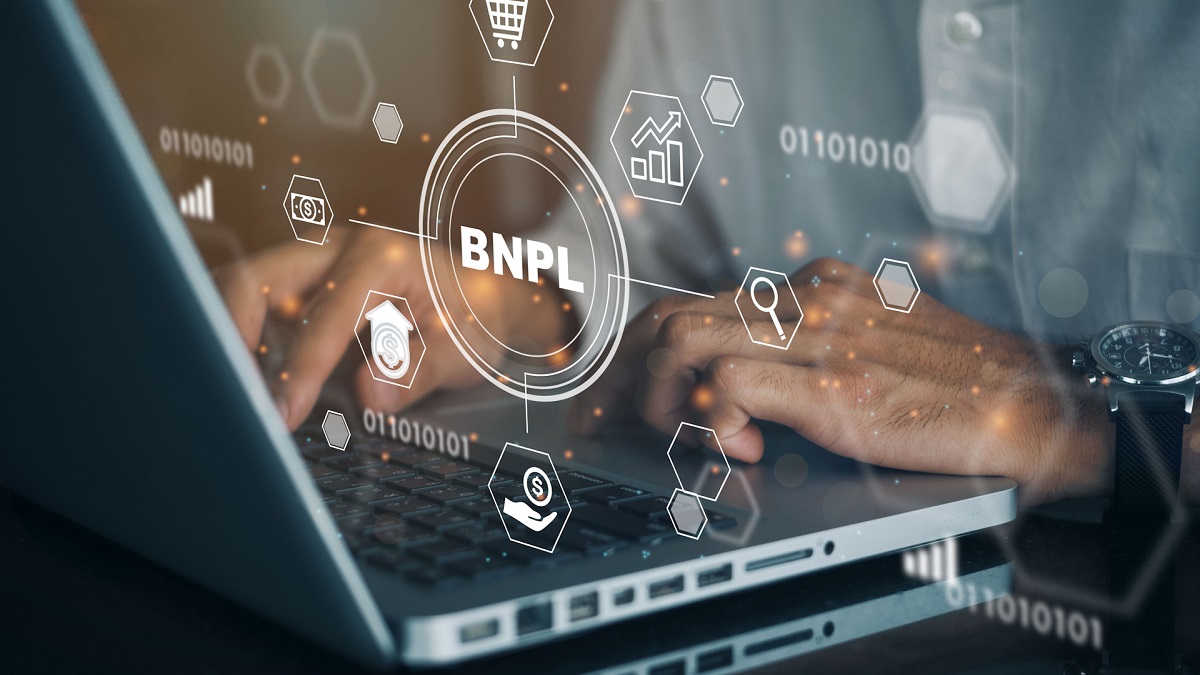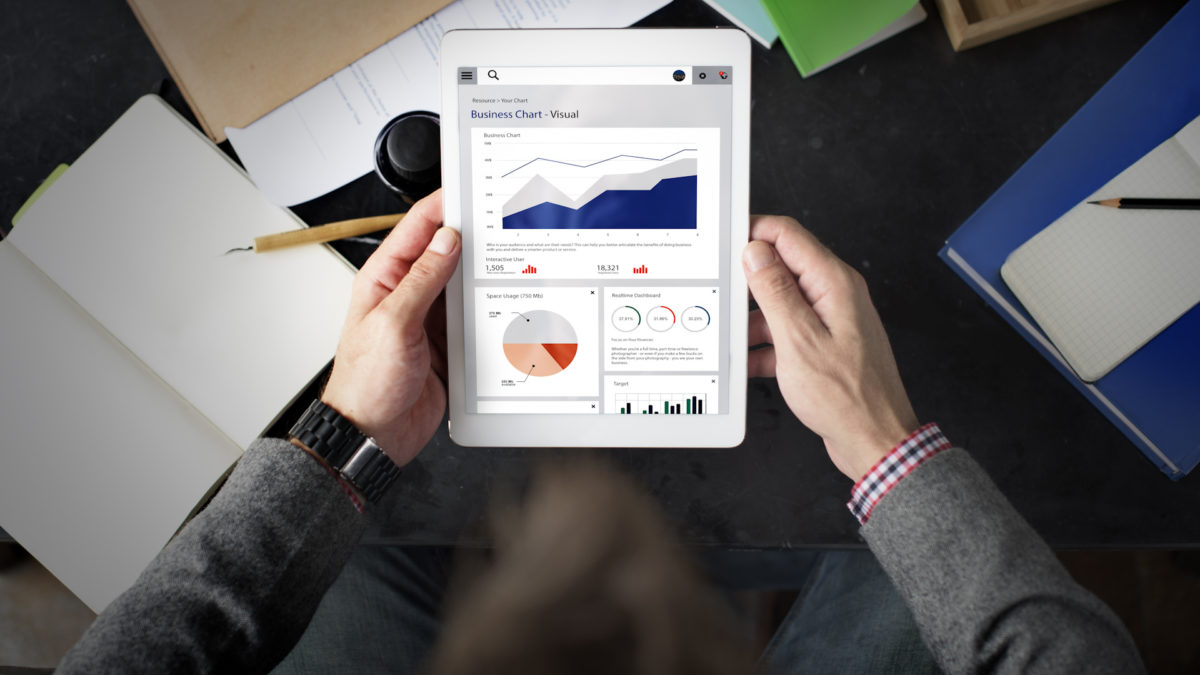Investors should consider private debt as a hedge against inflation, analysts say.
This is because there is no private debt market and that means it is not volatile like other assets.
Fintex Capital chief investment officer Sophie Batoua told Money Marketing that investors might want to consider private debt in the current environment.
She said: “There is no volatility because there is no market. The price does not vary.
“The only scenario where the value of a private debt changes is if the borrower’s default risk increases. As long as things are going well, the price remains stable.”
Batoua stressed, however, that this asset class, although less sensitive, is not entirely impermeable to inflation.
According to the 2022 Preqin global private debt report, private debt has experienced an average annual growth of 13.5%.
Data provider Preqin forecasted private debt will accelerate to a compound annual growth of 17.4% between 2022 and 2026.
Batoua said: “After the subprime crisis in 2008, banks have reviewed their lending policies and left certain market sectors.
“Somebody had to replace the banks and this substitute has been the private debt.
“The rise of fintech and alternative credit has also played a role. Because it is more expensive for them to finance themselves compared to banks, they lend money at a higher price.
“Private debt has been particularly suitable for this business model.”
Preqin estimates that private debt assets under management at the end of 2021 was near $1.21trn (£970bn).
Yet AJ Bell head of investment analysis Laith Khalaf stressed that this asset class is more suitable for institutional investors.
He said: “Private debt is a very niche asset class which most appropriate for institutional investors who already have well-diversified portfolios.”
Batoua added high-net-worth individuals as another category of potential clients.
She said: “It is a less liquid asset. It’s difficult to resell because there is no market per se that deals with private debt.
“There is a population of clients for private debts, so it’s possible to find a buyer, but it is not as simple as with a public debts.”
She emphasised, however, that there is a premium for this illiquidity.
Batoua added: “If you accept a disadvantage, you want a compensation for this.
“Private debts enable you to access yields that are significantly higher than what you would find on the public debt market.”
Khalaf considers that private debts is not an appealing asset to retail investors due to the relative illiquidity and lack of disclosure.
“There are low levels of liquidity and disclosure which makes it unappealing for the vast majority of retail investors, particularly in a world where interest rates are rising and the hunt for yield is getting a bit easier,” he said.
Because of the confidentiality around private debts, Batoua emphasised the importance of finding a provider that offers transparency with its investments.
She added that this confidentiality can also be an advantage as it creates a direct relation between the borrower and the lender.
Batoua said: “The advantage is that there is a direct relation with the borrower. With public debts, the borrower decides to issue a debt on the market, and anybody can acquire it.
“With private debts, there is a direct relation between the borrower and the lender. This personal relation enables the lender to have a better understanding of the borrower.
“It also gives the lender the opportunity to negotiate the exact conditions with the borrower. It’s not a finished product, the lender decides what they offer. Private debts are more of bespoke products.”





































































